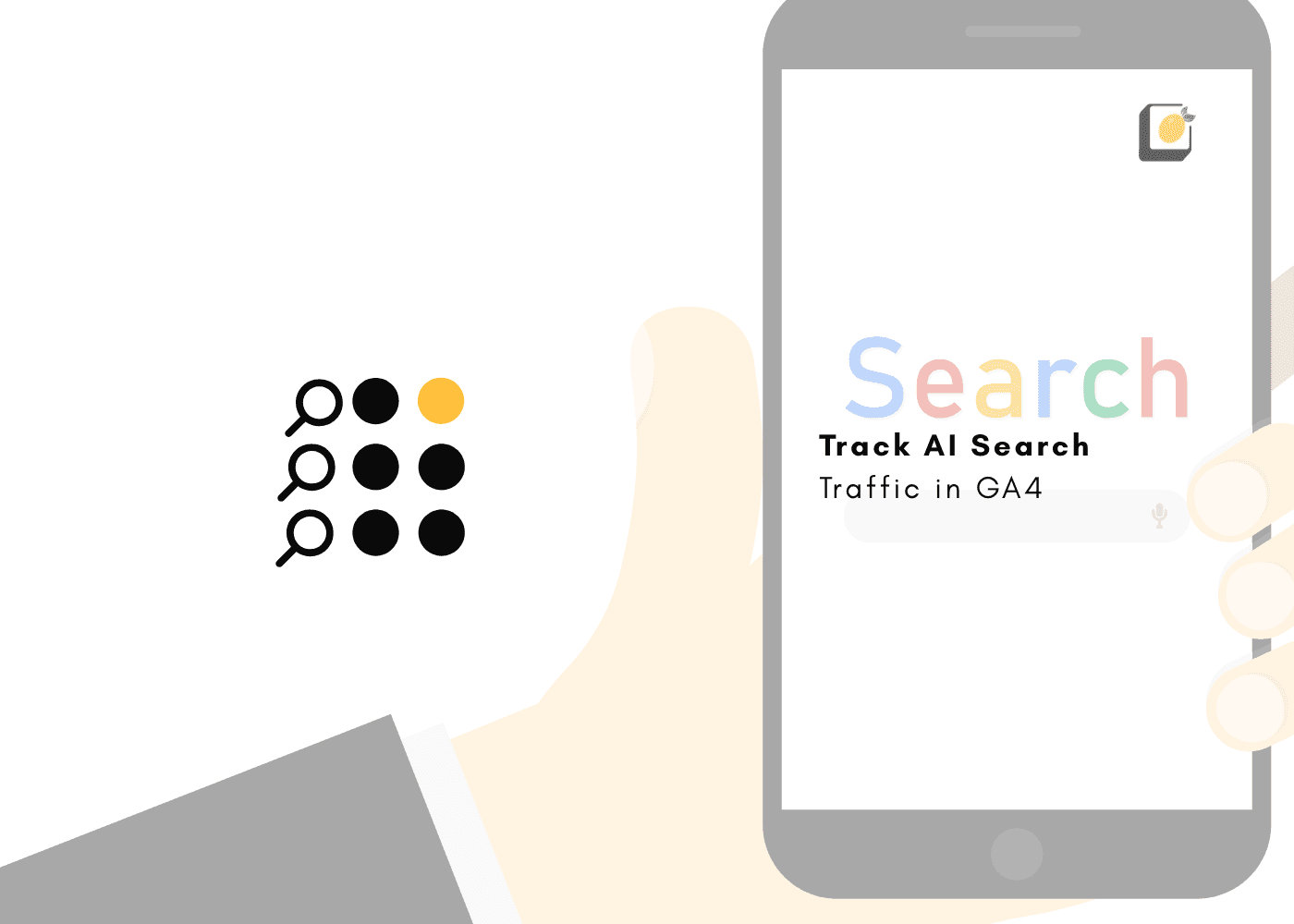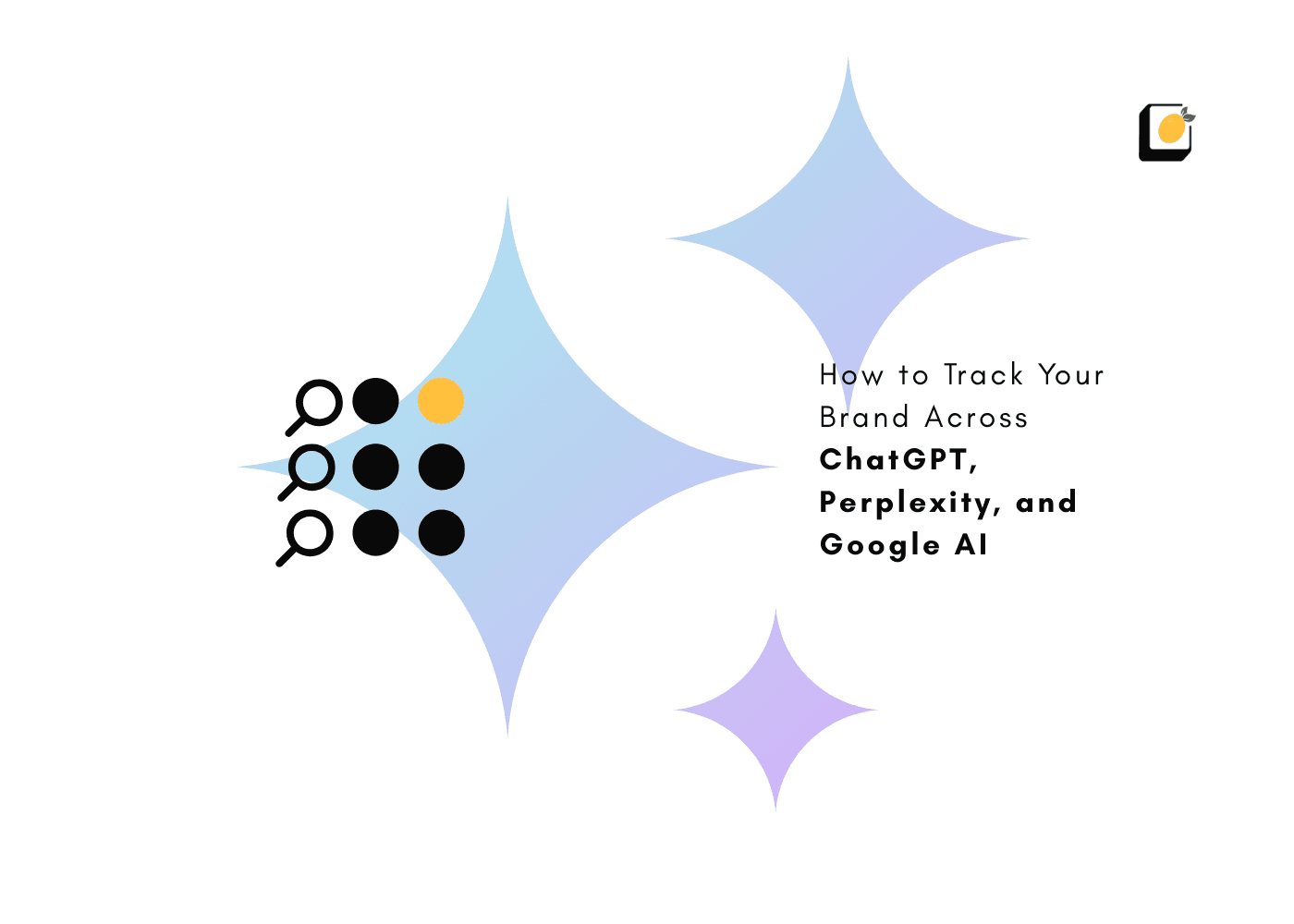Voice Search and AI: Own Position Zero and Beyond
October 5, 2025
Join 500+ brands growing with Passionfruit!
Voice search has transformed the way people find information. Instead of typing, users now ask their devices direct, conversational questions, and they expect instant, accurate answers. This is where Position Zero comes into play. If your content isn’t structured to win that coveted top result, you’re missing out on the fastest-growing search segment in 2025.
Layer AI into this mix, and the stakes get even higher. With generative AI like ChatGPT, Gemini, and Perplexity reshaping search behavior, voice search optimization isn’t just about being visible; it’s about being the first and only answer users hear.
Let’s break down what Position Zero means, why AI matters, and how to own this space strategically.
Understanding Position Zero in Voice Search
Position Zero refers to the featured snippet that appears above the first organic search result. In voice search, this position isn’t just prominent, it’s everything. Smart speakers and voice assistants usually read out only one result. If your content holds Position Zero, you effectively own the conversation with that user.
This snippet can be a paragraph, a list, or a table, but the key is clarity and directness. Voice assistants like Google Assistant or Alexa favor answers that are short, authoritative, and easy to read aloud.
Importance of Position Zero for Voice Search
When users ask, “What’s the best time to post on LinkedIn?” or “How do I track AI referral traffic?”, they rarely scroll through options. Voice assistants speak the featured snippet. If your content is optimized correctly, your brand becomes the one they trust and remember.
For marketers, Position Zero isn’t just about ranking high; it’s about becoming the default answer. This builds authority, boosts traffic, and strengthens brand recall without requiring the user to even visit your website first.
How AI Influences Position Zero
AI plays a critical role in how Position Zero is determined. AI search tools, including Google’s Search Generative Experience (SGE) rely on structured, semantically clear data to summarize and provide voice-ready answers.
Generative AI doesn’t just scan keywords; it interprets intent. It looks for cleanly structured answers, schema markup, and contextual clarity. If your content aligns with how AI reads and summarizes, your chances of winning Position Zero increase significantly.
Passionfruit Labs, a leader in AI SEO and search visibility analytics, has been tracking how voice search and AI overlap to shape Position Zero dominance.
The Role of AI in Voice Search Optimization
How AI Enhances Voice Search Result
Voice search is powered by AI at its core. From speech recognition to natural language understanding, AI makes sense of conversational queries and finds the most relevant, concise response.
This means content optimized for AI readability, simple sentences, structured answers, and context-rich information, gets a better shot at being the spoken response.
Leveraging AI Tools for Better Visibility
AI SEO platforms like Passionfruit Labs help marketers understand how their content performs in voice and AI searches. For example, if your page is cited in ChatGPT or Perplexity responses, it’s more likely to be favored by voice assistants too.
This is because voice and AI search overlap in how they interpret content. By tracking citations and refining structure, marketers can optimize their content to appear as the most trusted answer in multiple search ecosystems simultaneously.
Read this blog on Best Platforms to Measure AI Search Visibility to know more about the same.
The Impact of AI on User Intent Understanding
AI doesn’t just process queries; it interprets tone, intent, and context. Someone asking “What’s the best place to stay in Paris?” is likely looking for recommendations, while “Book me a hotel in Paris” signals a transactional intent.
Understanding these nuances helps marketers structure content to align with different stages of intent. The more closely your content mirrors user behavior and language, the more likely it is to surface in voice results.
Strategies to Achieve Position Zero with Voice Search
1. Optimizing Content for Voice Search
Voice search queries are more conversational than text-based searches. To optimize effectively:
Use natural language and answer questions clearly.
Place the primary answer at the top of your content.
Include FAQ sections (voice assistants often pull from these).
Keep answers short (40–50 words is ideal for featured snippets).
Write in a tone that mirrors real speech patterns.
This mirrors the same strategies used to rank in AI search engines, another reason why voice and AI optimization go hand-in-hand.
2. Structured Data
Structured data (schema markup) helps AI understand what your content is about. It gives context to search engines, enabling them to deliver your content as the top result.
For voice search, structured data can be used to mark:
FAQs
How-to steps
Product details
Events and offers
Adding schema improves AI readability, which boosts your chance of reaching Position Zero.
3. Targeting the Right Keywords for Voice Search
Voice search keywords differ from typed ones. They’re typically longer, question-based, and conversational.
For example:
Typed: “weather Paris”
Voice: “What’s the weather like in Paris today?”
Using long-tail keywords, question phrases, and natural language ensures your content aligns with the way users actually speak to devices.
Measuring Success in Voice Search and AI
Key Performance Indicators for Voice Search
Winning Position Zero is not just about rankings. Success can be measured through:
Featured snippet appearances
Voice assistant referral traffic
AI search mentions and citations
Engagement and conversion rates from voice-led sessions
Tools to Track Voice Search Performance
GA4 alone can’t capture all AI and voice referrals, which is why specialized tools are essential. Passionfruit Labs, for example, gives marketers visibility into how often their content is cited in AI responses, which often correlates with voice visibility too.
You can track metrics like:
Voice query impressions
Click-through from spoken results
Branded AI citations
Analyzing User Behavior and Trends
Voice users interact differently than desktop users. They prefer quick answers and trust authority more. Analyzing time-on-page, conversions, and assisted sessions from voice search helps refine future content strategies.
Future Considerations for Voice Search and AI
AI evolves fast. As LLMs like GPT-5, Gemini, and Claude get smarter, they’ll integrate deeper into voice interfaces. Staying updated on these changes ensures your content remains optimized for emerging AI behaviors.
Adapting to Changes in Search Engine Algorithms
Google and other search engines are constantly updating how they rank voice and AI results. This makes continuous testing and optimization key. What worked in 2023 may not work in 2025.
Preparing for Evolving User Preferences
Voice search will continue to grow, especially for local and product queries. Users will expect more personalized, context-aware responses. Brands that adapt to these evolving preferences, with conversational, structured, AI-friendly content, will own Position Zero and beyond.
Key Takeaways
Position Zero is the single most important placement for voice search visibility.
AI plays a critical role in determining which content wins Position Zero.
Structured data and conversational language increase your chances of being the spoken answer.
Long-tail, question-based keywords work best for voice search optimization.
Tools like Passionfruit Labs help track and optimize AI and voice visibility.
Staying ahead of AI and search algorithm updates is essential for long-term dominance.
FAQs
1. What is Position Zero in voice search?
Position Zero is the top featured snippet that voice assistants read aloud as the main answer to a query. Securing this spot gives your brand maximum visibility and positions you as the most trusted source.
2. How does AI influence voice search results?
AI analyzes conversational queries, intent, and context to match them with the most structured, relevant content. Well-optimized content with clear answers and schema markup increases the chances of being selected as the spoken result.
3. How can I optimize my content for voice search?
To optimize effectively, use natural conversational language, provide short and clear answers, include FAQ sections, and implement structured data. These elements make your content easier for AI to understand and prioritize.
4. How do I track voice search performance?
You can track voice search success using specialized tools like Passionfruit Labs. These platforms measure AI citations, voice referrals, snippet appearances, and user engagement to give clear visibility into your performance.
5. Is voice search really worth optimizing for?
Yes. Voice search is growing rapidly, and securing Position Zero can significantly increase brand awareness, trust, and conversions. Optimizing for it positions your business at the front of voice-driven discovery.















